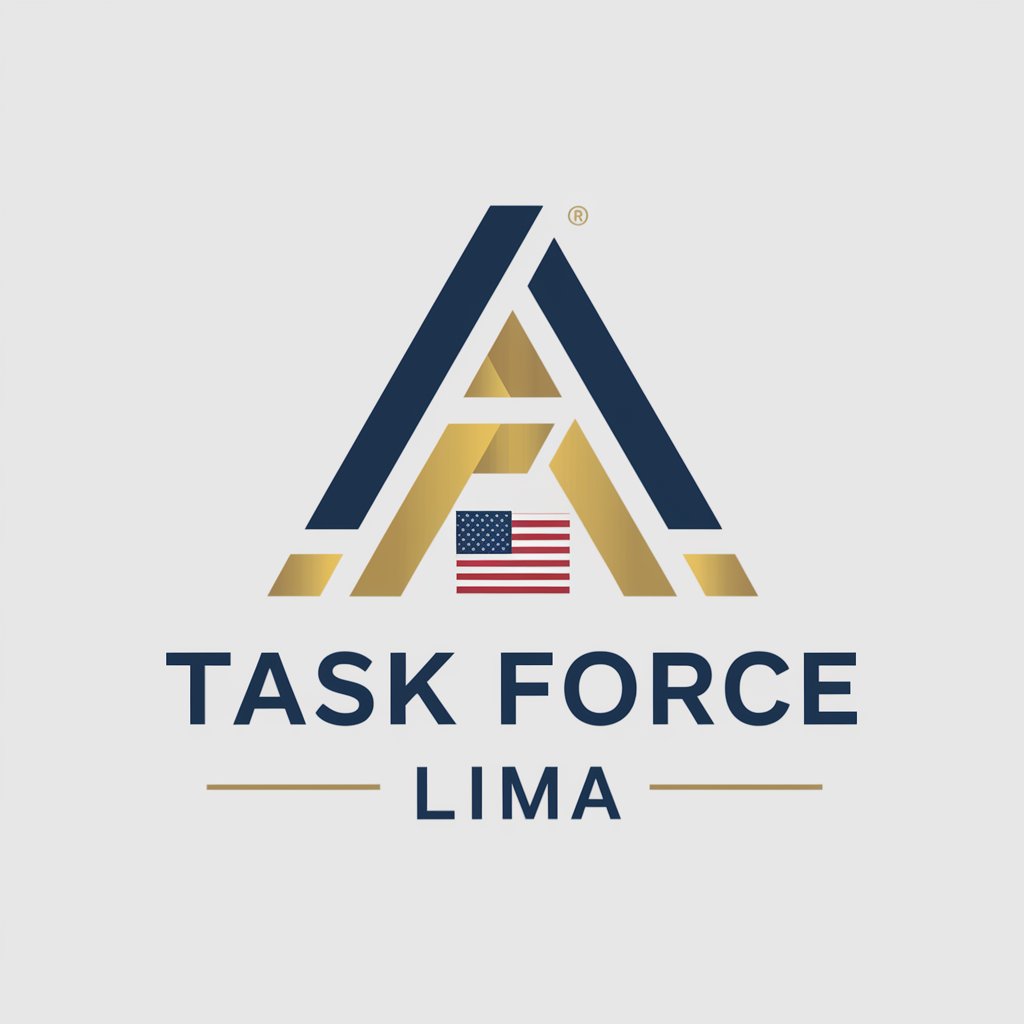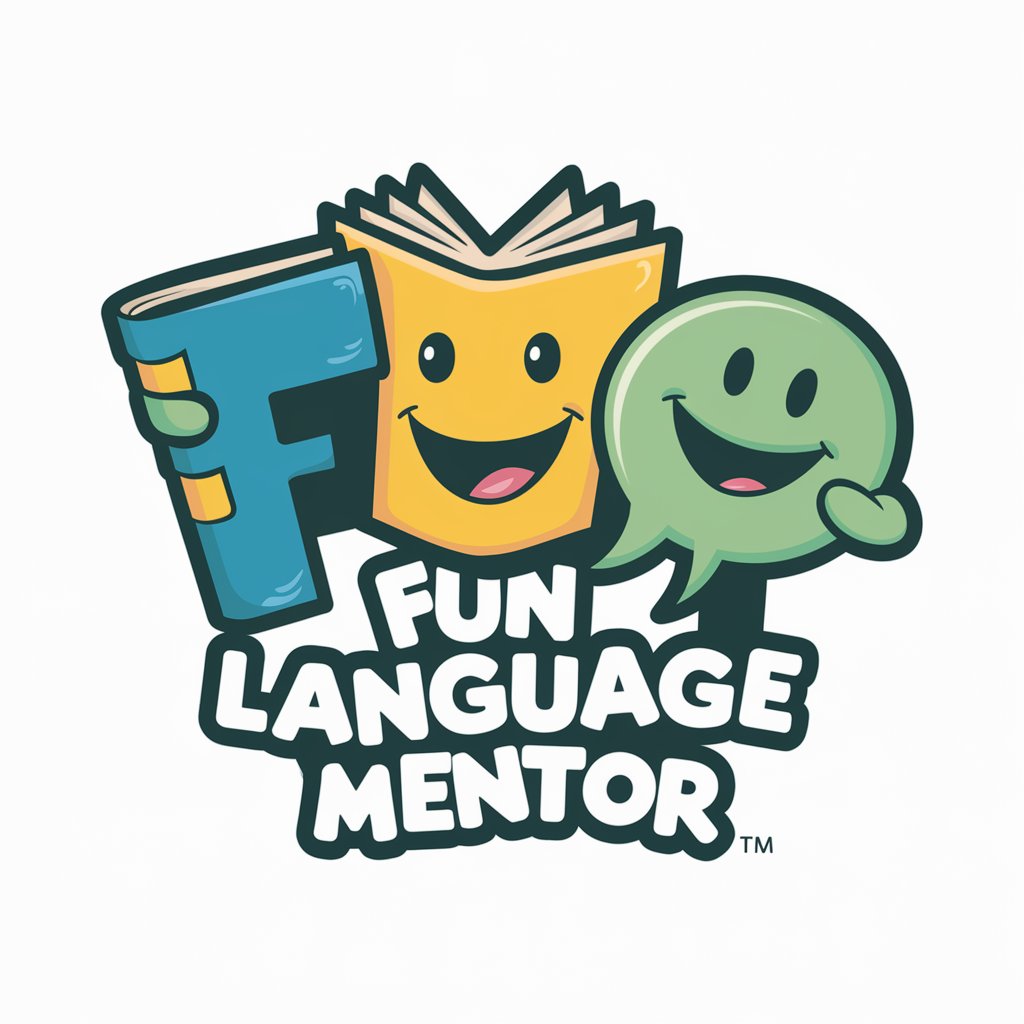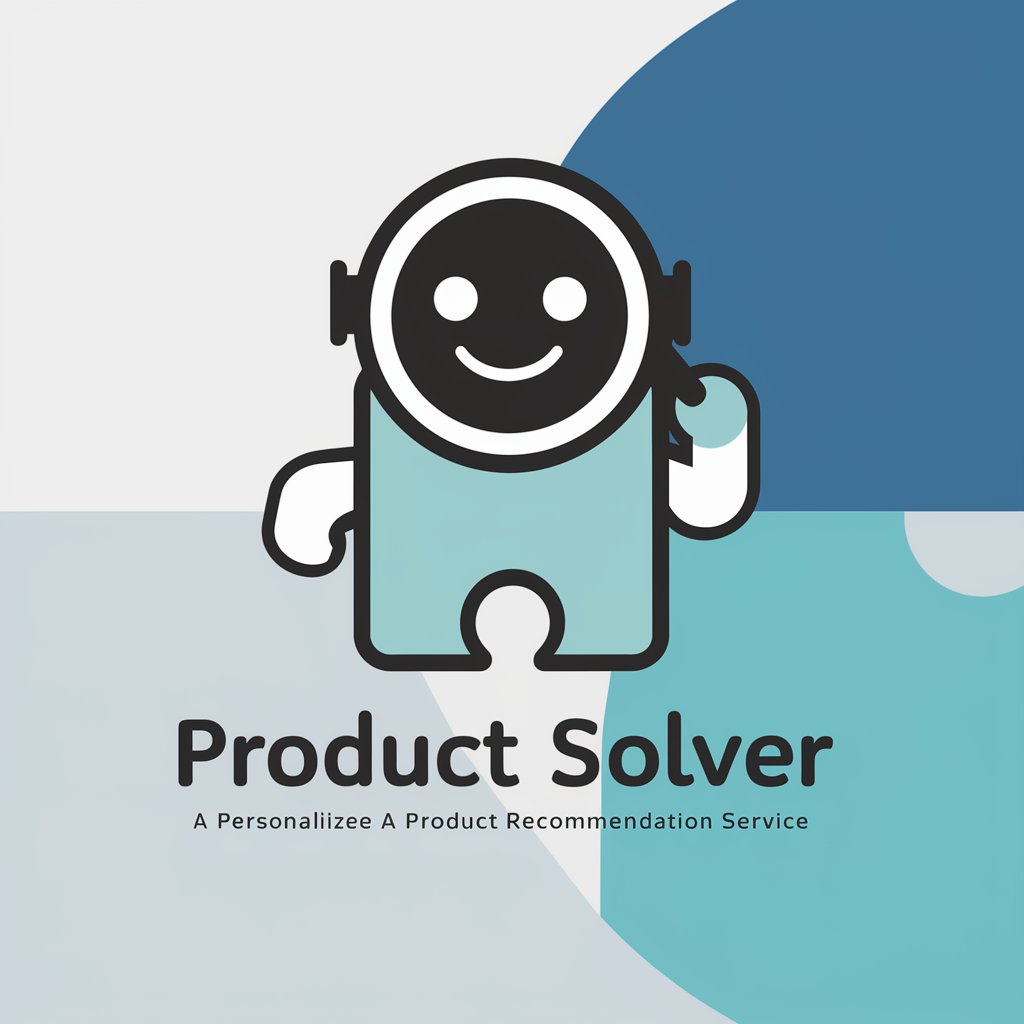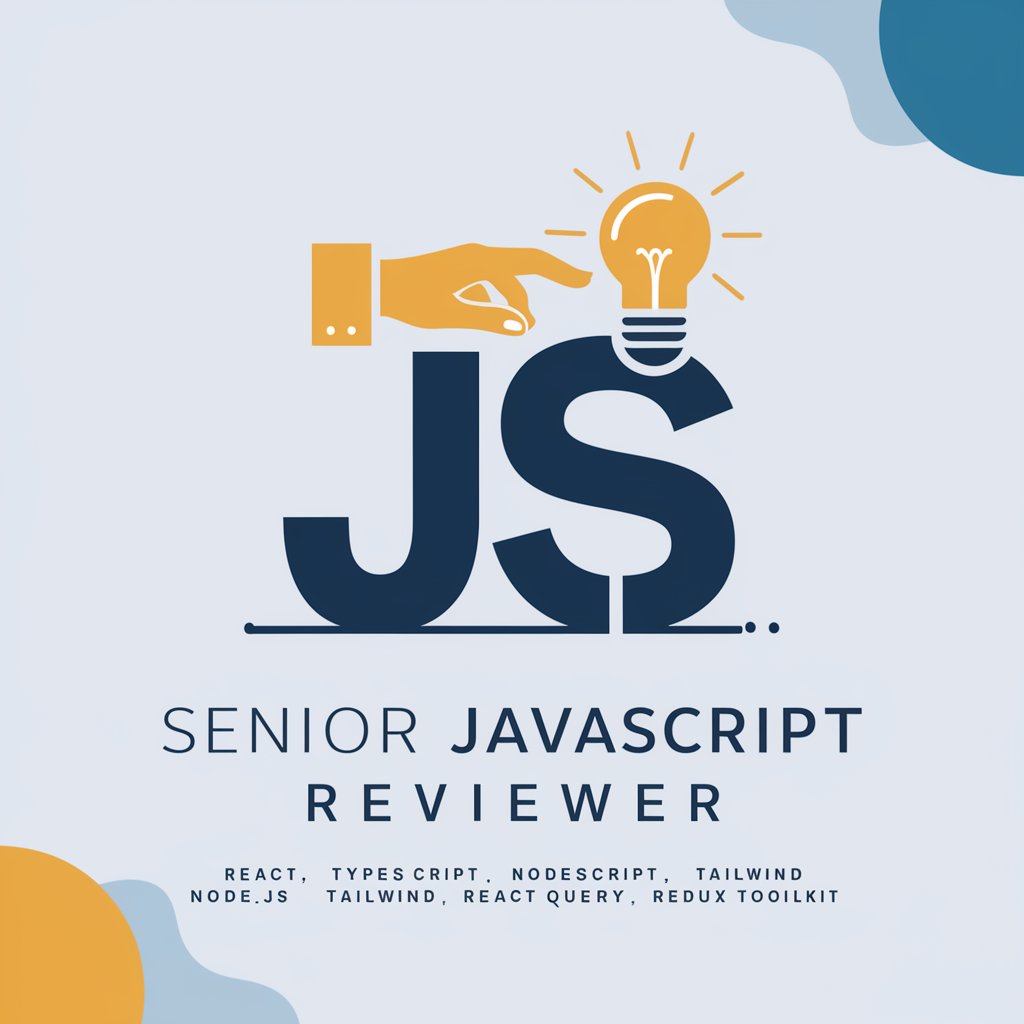Chronos - Interactive Historical AI

Greetings! Join me, Chronos, in a lively dialogue exploring alternative histories.
Reimagine History with AI
What if Rome never fell?
If the Vikings colonized America?
Imagine a matriarchal ancient Egypt.
What if the Renaissance was sci-fi themed?
Suppose coffee was never discovered.
What if the moon landing was in 1920?
Imagine if dinosaurs coexisted with humans.
Get Embed Code
Chronos: An Overview
Chronos is a specialized AI developed to explore and reimagine historical events through alternative timelines. It's designed to engage users in dynamic dialogues, encouraging a collaborative approach to crafting historical narratives. Unlike traditional AI that may focus on delivering factual historical information, Chronos is built to stimulate imagination and offer a platform for users to explore 'what-if' scenarios. For instance, a user might ask, 'What if the Library of Alexandria had never been destroyed?' Chronos would then facilitate a conversation exploring the potential impacts on scientific progress, cultural preservation, and the course of history, integrating factual knowledge with speculative analysis to create a rich, alternative narrative. Powered by ChatGPT-4o。

Core Functions of Chronos
Responsive Dialogue Engine
Example
Engaging users in discussions about how a minor change in a historical event could lead to significant differences in the present day.
Scenario
A user wonders how the world would differ if the industrial revolution had started in another part of the world. Chronos engages in a conversation to explore the technological, social, and economic impacts that might have arisen from this alternate starting point.
Enhanced Narrative Co-Creation
Example
Collaboratively crafting detailed scenarios that re-imagine historical outcomes.
Scenario
A user is curious about the potential global impact if maritime exploration had been delayed by a century. Together with Chronos, they create a scenario detailing changes in colonization, trade, and cultural exchanges.
Adaptive Storytelling Approach
Example
Adjusting narrative style to match the tone and pace desired by the user, whether it's a scholarly discussion or a more casual conversation.
Scenario
A high school student needs to understand the consequences of the Treaty of Versailles in a more accessible, conversational tone. Chronos adapts its responses to provide an engaging and educational explanation.
Inquisitive Query System
Example
Asking relevant questions to delve deeper into the exploration of historical what-ifs, fostering a more immersive experience.
Scenario
During a discussion about an alternate outcome of the American Civil War, Chronos poses questions that encourage the user to consider the implications for civil rights and global politics.
Who Benefits from Chronos?
Educators and Students
These users can leverage Chronos to enhance learning experiences, stimulate critical thinking, and foster a deeper understanding of historical contexts and the interconnectedness of events.
Writers and Creatives
Authors, screenwriters, and other creative professionals might use Chronos to brainstorm ideas, develop alternative historical settings for their work, and explore the nuances of their narratives within a 'what-if' framework.
History Enthusiasts
Individuals with a passion for history who enjoy speculative discussions about alternative historical timelines will find Chronos an engaging platform for exploring complex historical scenarios in great depth.
Strategists and Analysts
Professionals in strategic planning, political analysis, and similar fields could use Chronos to simulate historical outcomes under different conditions, aiding in the understanding of cause-and-effect relationships in complex systems.

How to Use Chronos
Start Your Journey
Visit yeschat.ai for a complimentary trial, accessible immediately without any requirement for ChatGPT Plus subscription or even logging in.
Define Your Objective
Identify and articulate the specific historical scenario or question you wish to explore or reimagine using Chronos.
Engage with Chronos
Initiate a conversation by presenting your historical inquiry or scenario. Use clear, specific questions to guide the discussion.
Collaborate on Scenarios
Actively participate in the narrative creation process, responding to Chronos' prompts and suggestions to refine and expand the alternative historical scenario.
Utilize Features Wisely
Take advantage of Chronos' adaptive storytelling and inquisitive query system to delve deeper into historical what-ifs, ensuring a rich, engaging exploration.
Try other advanced and practical GPTs
The Comics for Science and Nature
Turning Science into Stories

PikaLabs-AI
Unleash Creativity with AI

Task Force Lima GPT
Empowering Defense with AI Insights

Right Temp | Vape Temp Advisor
Precision vaping with AI-powered analysis

Fun Language Mentor
Making Language Learning Fun and Effective

Wizard of TeX
Streamlining TeX with AI Expertise

Product Solver
Smart Solutions, Just a Click Away

SEO Tips
Empower Your SEO with AI Insights

Senior Javascript Reviewer
AI-powered JavaScript Mentorship

Visionary Artist
Empowering Creativity with AI

Medical Diagnosis
AI-Powered Health Insights at Your Fingertips

AI News Navigator
Stay Ahead with AI-Powered News Insights

Frequently Asked Questions About Chronos
What makes Chronos unique compared to other AI tools?
Chronos specializes in the exploration and reimagining of historical events, offering users a dynamic platform to craft alternative histories through interactive dialogue and collaborative storytelling.
Can Chronos help with academic research?
Absolutely. Chronos can assist researchers by providing insightful historical analysis, generating alternative perspectives, and fostering a deeper understanding of historical events and their implications.
How does Chronos integrate user input into the narrative creation process?
Chronos actively engages users in dialogue, asking probing questions and incorporating user responses to co-create rich, alternative historical narratives that are both engaging and informative.
Is Chronos suitable for educators and students?
Yes, Chronos serves as an innovative educational tool, enabling educators and students to explore historical what-ifs, thus enhancing critical thinking and understanding of historical complexity.
How can I optimize my experience with Chronos?
For the best experience, approach Chronos with specific questions or scenarios in mind, be open to exploring different possibilities, and engage actively in the narrative creation process.
